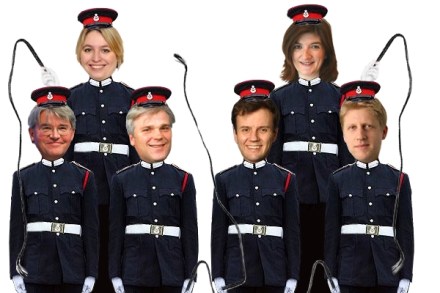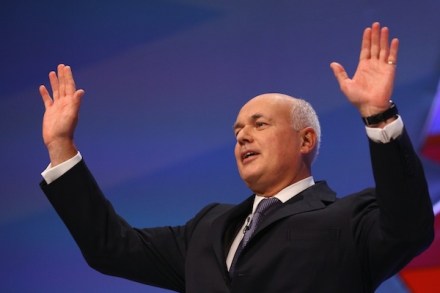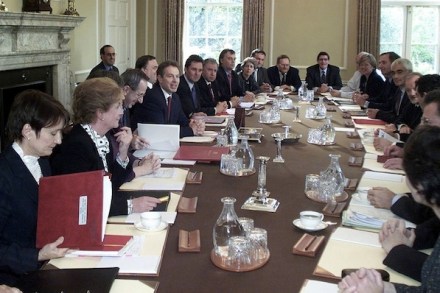The new Tory enforcers
Last week’s reshuffle not only brought in some interesting new junior ministers, but also some fresh faces to the Conservative Whips’ Office. Rebellions on the backbenches have become a headache for David Cameron in the last few months, leading him to adopt two new strategies to try to bring his party back under control. The first strategy has been to recall some more experienced tougher guns, who have prior experience in dealing with a split party. Many of these new whips are not necessarily allies of the Prime Minister but this may prove useful in reaching out to MPs beyond his immediate grasp. Here are some of the key players:




















